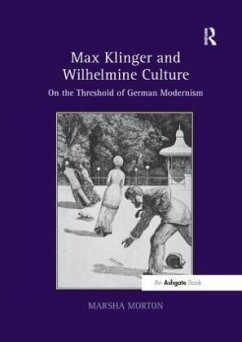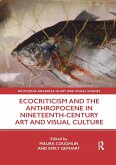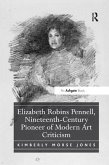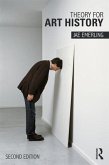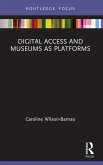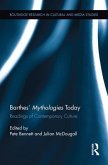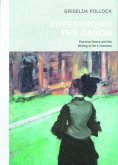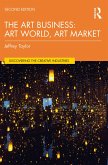The Wilhelmine Empire's opening decades (1870s - 1880s) were crucial transitional years in the development of German modernism, both politically and culturally. Here Marsha Morton argues that no artist represented the shift from tradition to unsettling innovation more compellingly than Max Klinger. The author examines Klinger's early prints and drawings within the context of intellectual and material transformations in Wilhelmine society through an interdisciplinary approach that encompasses Darwinism, ethnography, dreams and hypnosis, the literary Romantic grotesque, criminology, and the urban experience. His work, in advance of Expressionism, revealed the psychological and biological underpinnings of modern rational man whose drives and passions undermined bourgeois constructions of material progress, social stability, and class status at a time when Germans were engaged in defining themselves following unification. This book is the first full-length study of Klinger in English and the first to consistently address his art using methodologies adopted from cultural history. With an emphasis on the popular illustrated media, Morton draws upon information from reviews and early books on the artist, writings by Klinger and his colleagues, and unpublished archival sources. The book is intended for an academic readership interested in European art history, social science, literature, and cultural studies.
'Morton's text, the first, major English-language study on Klinger, is a triumph. This invaluable resource on Wilhelmine visual culture explores the intersections between Klinger and German Romantic literary theory, Darwinism, the unconscious, and criminality. Her wide-ranging, historically-grounded interdisciplinary approach is a vital addition to the field and will ignite further research on this complex and endlessly fascinating artist.' Jay A. Clarke, Manton Curator of Prints, Drawings, and Photographs at the Clark and author of Becoming Edvard Munch: Influence Anxiety, and Myth
'Marsha Morton's excellent monograph is the first full-length study in English on the German artist Max Klinger. ...[Morton] deftly explores the question of Klinger's modernism, and her cultural studies approach sheds new light on Klinger in the context of Wilhelmine society. ... The text is finely illustrated and expertly researched.' German Studies Review
'The research and critical analysis presented in Morton's book attests to the author's sustained intellectual engagement withMax Klinger and Imperial Germany. This way of working seems to come under increasing pressure and it has been a pleasure to review a book that upholds such high academic standards. The book has been beautifully produced by Ashgate and includes 141 high-quality black and white illustrations (ideally suited for the reproduction of prints and drawings). ...Morton's book represents a new Standardwerk on Klinger and a must-read for any scholar interested in Imperial Germany's fascinating and often fractured cultural history.' The German Quarterly
'Max Klinger and Wilhelmine Culture: On the Threshold of German Modernism is not only essential reading for any Klinger scholar, but also for those interested in understanding the complex connections between modern European art history, literature, cultural studies and the social sciences.' Art History
'Morton's book represents a new Standardwerk on Klinger and a must-read for any scholar interested in Imperial Germany's fascinating and often fractured cultural history.' Sabine Wieber, University of Glasgow
'Marsha Morton's excellent monograph is the first full-length study in English on the German artist Max Klinger. ...[Morton] deftly explores the question of Klinger's modernism, and her cultural studies approach sheds new light on Klinger in the context of Wilhelmine society. ... The text is finely illustrated and expertly researched.' German Studies Review
'The research and critical analysis presented in Morton's book attests to the author's sustained intellectual engagement withMax Klinger and Imperial Germany. This way of working seems to come under increasing pressure and it has been a pleasure to review a book that upholds such high academic standards. The book has been beautifully produced by Ashgate and includes 141 high-quality black and white illustrations (ideally suited for the reproduction of prints and drawings). ...Morton's book represents a new Standardwerk on Klinger and a must-read for any scholar interested in Imperial Germany's fascinating and often fractured cultural history.' The German Quarterly
'Max Klinger and Wilhelmine Culture: On the Threshold of German Modernism is not only essential reading for any Klinger scholar, but also for those interested in understanding the complex connections between modern European art history, literature, cultural studies and the social sciences.' Art History
'Morton's book represents a new Standardwerk on Klinger and a must-read for any scholar interested in Imperial Germany's fascinating and often fractured cultural history.' Sabine Wieber, University of Glasgow

